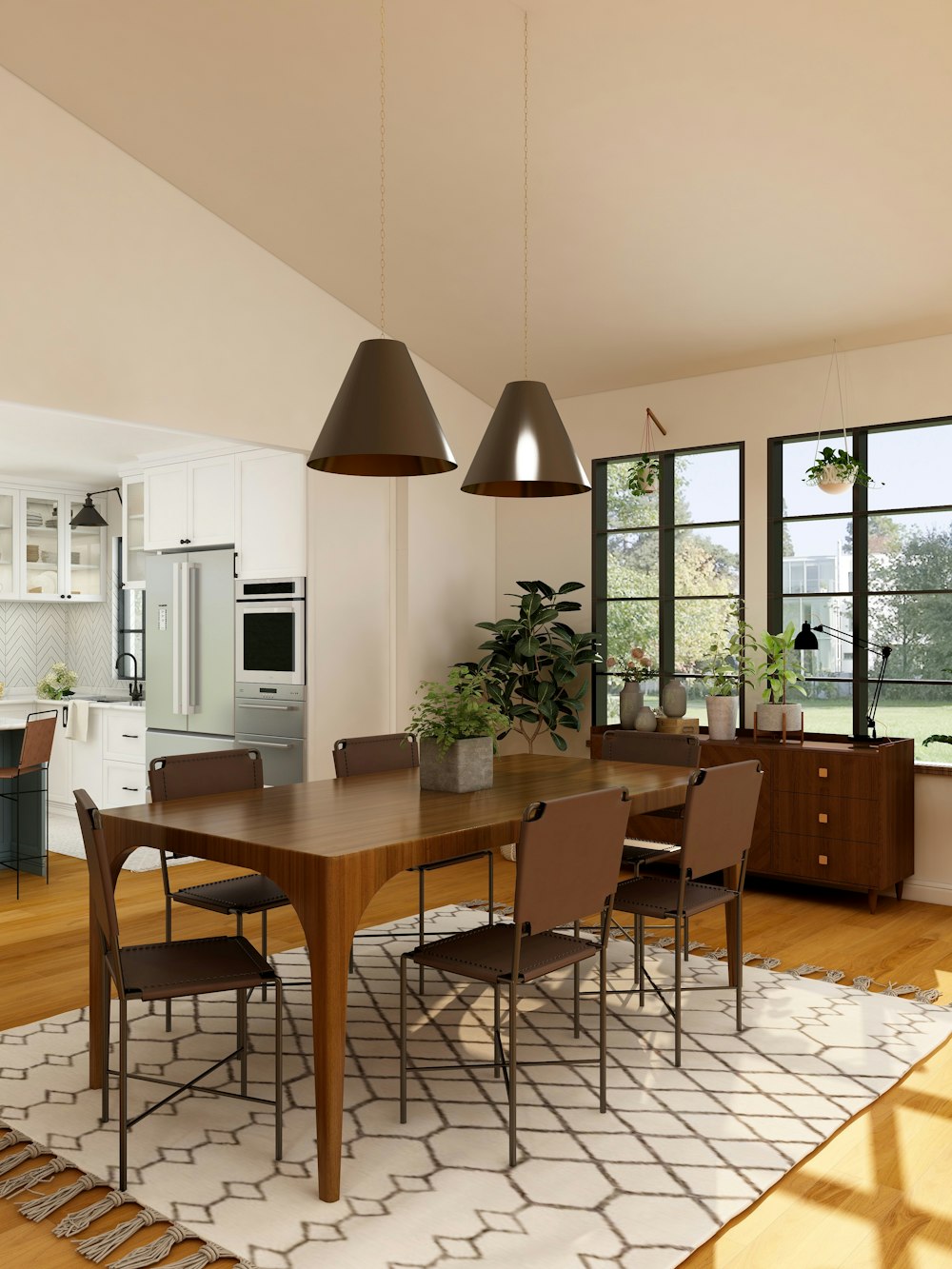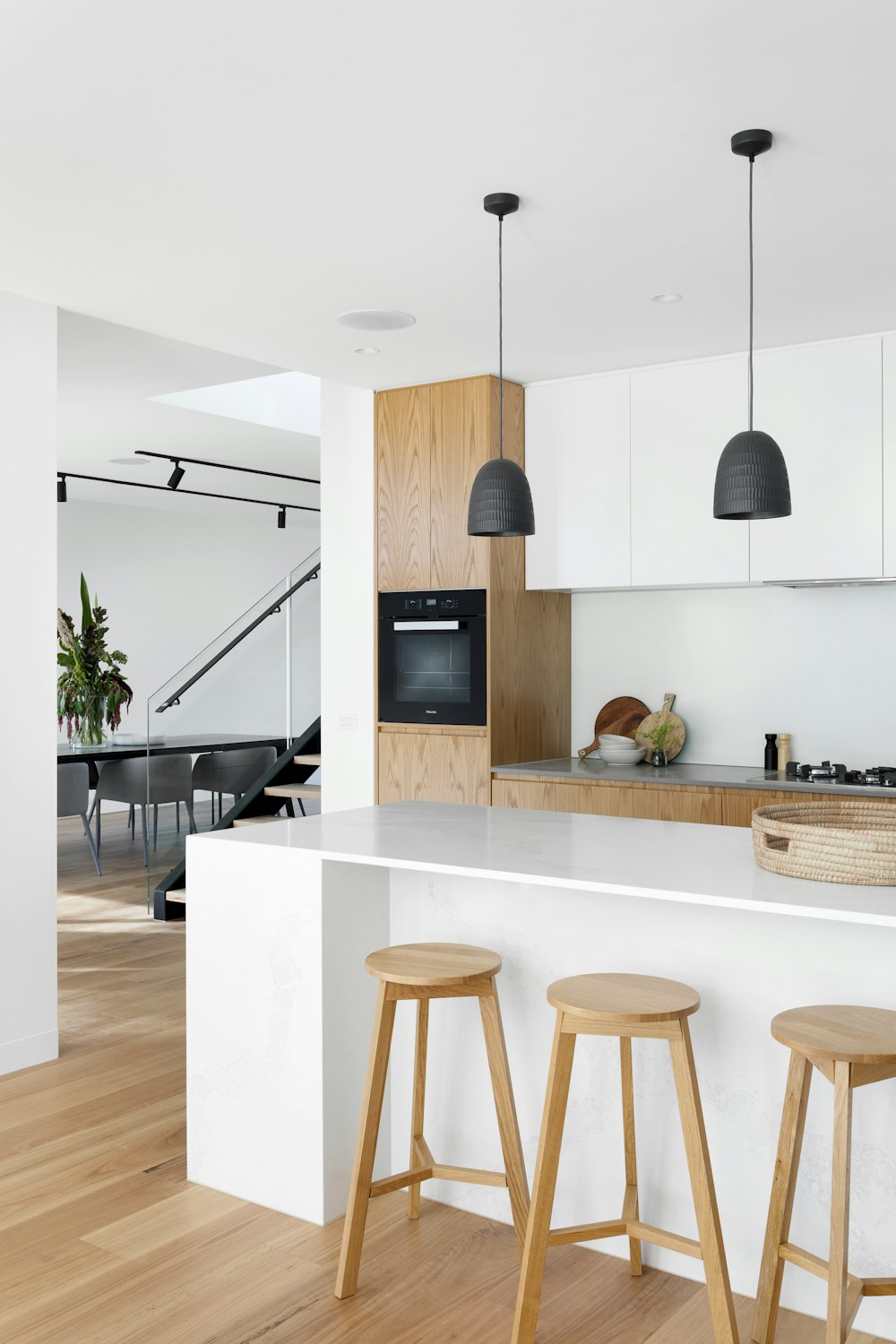Purchasing the home of your dreams is an exhilarating yet formidable journey marked by a whirlwind of emotions. This aspiration carries substantial financial responsibilities and emotional investments.
In this complex endeavor, it’s crucial to carefully consider essential factors before taking the significant step of buying your dream home.
From financial planning and location to the features of the house and its structural integrity, each facet profoundly influences your future in your ideal dwelling.
Pursuing your dream home requires meticulous attention to detail and an unwavering commitment to ensuring that your investment aligns seamlessly with your vision.
1. Financial Planning
Understanding the financial implications of purchasing a new home is paramount.
According to top mortgage brokers in Auckland, financial planning is important in buying your dream home. Begin by assessing your budget to ascertain whether you can comfortably manage the ongoing and soon-to-be financial commitments. Financial assessment includes the principal amount, interest rates, down payment, and closing costs.
Careful financial planning ensures that you choose a home that aligns with your fiscal capabilities, safeguarding your financial stability and peace of mind as you embark on this life-altering journey.
2. Location and Lot Size
Your prospective home’s location and lot size significantly impact your daily life.
It is vital to scrutinize various factors, including neighborhood safety, proximity to your workplace, educational institutions, healthcare facilities, and essential amenities like grocery stores and recreational areas.
Furthermore, the suitability of the lot size in relation to your family’s outdoor space requirements should also be considered when buying a new home.
These considerations ensure that your chosen location harmonizes with your lifestyle, guaranteeing both convenience and comfort in your everyday life within your new home.
3. Age and Condition of the House
Older homes often possess unique character but can also come with increased maintenance demands. Thoroughly inspect the home’s condition and take note of the age of essential appliances and systems. This evaluation will help you budget for potential renovations or replacements.
4. Interior Features

Photo by Zac Gudakov on Unsplash
The features within the home are instrumental in determining your daily comfort and lifestyle.
First, assess the number of bedrooms, ensuring it accommodates your family’s size and potential changes in the future. Evaluate the count and condition of bathrooms to provide convenience and privacy.
Next, focus on the kitchen, the heart of the home. Scrutinize its layout for functionality, considering whether it accommodates your culinary and entertaining needs.
Additionally, inspect the quality and suitability of appliances, ensuring they meet your standards or if upgrades are necessary.
A well-designed interior with all these elements contributes to a harmonious living space, enhancing your overall quality of life in your new home.
5. Architectural Design
The architectural design of your future home is more than aesthetics; it’s about functionality. Ensure that the layout aligns with your family’s specific needs, offering efficient spaces for daily life.
Consider the flow and accessibility of rooms to create an environment that enhances your daily routines.
Your ideal home design should reflect your unique lifestyle and preferences, creating a harmonious living space for years to come.
6. Kitchen Layout
The kitchen’s layout is a cornerstone of daily life. Evaluate its functionality and organization, ensuring it caters to your culinary and social needs. A well-designed kitchen enhances your cooking experience and eases entertaining.
Additionally, assess the quality and suitability of appliances to determine whether they meet your standards or require upgrades. A kitchen that aligns with your lifestyle is crucial to your home’s comfort and functionality.
7. Bedroom Count
The number of bedrooms within your prospective home is pivotal to your family’s comfort and convenience.
Assess whether the house offers adequate sleeping spaces for your current needs and potential expansion. Additionally, consider the availability and condition of bathrooms and how they align with your family’s daily routines.
This careful evaluation ensures that your dream home harmoniously accommodates your family’s living requirements for years.
8. Roof Health

The roof’s condition is paramount for your new home’s long-term value and maintenance. A thorough inspection to determine its current state, the roofing material used, and its durability is essential.
Ensuring the roof is in good condition safeguards your investment and prevents future costly repairs and maintenance, providing peace of mind in your new home.
9. Natural Light
Adequate natural light can significantly enhance your living experience and potentially reduce energy costs.
Evaluate the orientation of the house and the number of windows to ensure that you’ll have a well-lit interior throughout the day.
10. Foundation and Exterior
The foundation’s condition is fundamental for the home’s structural integrity. Detecting any signs of cracks or foundation issues is crucial, as they can lead to significant expenses down the road.
Additionally, scrutinize the condition of the home’s exterior, including the walls, roof, and siding, to avoid unexpected repair expenses.
A thorough evaluation of the home’s foundation and exterior can help you make a well-informed decision when buying your dream home, ensuring your investment is sound and secure for years to come.
11. Noise Levels
Noise levels can profoundly influence your daily life and should be a crucial consideration when buying a new home.
Pay attention to the neighborhood’s noisy environment and determine if the home is close to noisy areas, such as busy streets or sources of disruptive noise like construction sites or airports.
Thoroughly evaluating the noise levels in and around the prospective home can help you make an informed decision, ensuring a peaceful and comfortable living environment for you and your family.
12. Resale Value
While seeking your dream home is a deeply personal journey, it’s also an important financial investment. Investigate the property’s potential resale value by assessing its location and features that may appeal to future buyers.
This forward-thinking approach ensures that your investment fulfills your present needs and retains or appreciates over time, safeguarding your financial interests in the ever-evolving real estate market.
In conclusion
Acquiring your dream home involves more than just a transaction; it’s a life-changing decision. Thoroughly evaluating these factors will empower you to make an informed choice that aligns with your lifestyle, financial capacity, and long-term aspirations.
Remember that patience, thorough research, and expert guidance are invaluable in your quest for the perfect dream home.

























